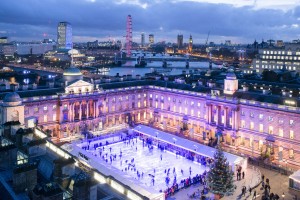This guest blog comes from Mason Cole, MA Politics and Contemporary History student and Sustainability Champion Assistant (SCA), supporting the King’s Energy Team.
King’s Sustainability understands that not all have the resources to switch to renewable energy. This blog, therefore, outlines some simple and accessible ways to save energy at home. If you’re interested in learning more about how you can both switch to cheaper, fairer and more environmentally-friendly energy and support your community in doing so, check out the Citizens UK Fair Energy Campaign, as well as how student group King’s 4 Change is supporting the campaign at King’s.
Ask not what your planet can do for you, ask what you can do for your planet: How to save energy from your home
Okay so let’s ignore the political reference here, the point is that you want to become more energy-efficient, but you don’t want it to cost you, right? Well, good news for you – at the King’s energy team, we’ve put our heads together and come up with five startlingly simple ways you can save energy at home. And guess what, they’re basically free!
- Don’t have double glazing? Use clingfilm instead
No, you did not read that wrong. While of course, it is not as effective as double glazing, using clingfilm around the edges of your windows can help your house to retain heat and therefore actually save you money on your heating bill.
- Put tin foil behind your radiators
Yes, we know, it sounds crazy but you’re here to save energy on a budget and this is the ultimate method! Aluminium is a great conductor of heat (ever tried touching your foil when it’s fresh from the oven? Don’t!) and putting it behind your radiators will allow your rooms to retain heat and stay warm for longer. You may feel silly doing it but wait for the rebate on the energy bill and it’ll all be worth it!
- Don’t leave anything on standby
An obvious one, we know. And one that should be redundant in the UK given we have those lovely switches on our plug sockets. However, we’re all guilty of this from time-to-time. If you see an orange or red light then turn it off, and yes, that includes your phone charger!
- Be patient
Yes, we are still talking about energy. Be patient with your thermostat. Did you know that blitzing the heating doesn’t actually turn up quicker? Set it to your desired level then relax and wait for it to catch up. Your feet will be toasty in no time.
- DO NOT BLOCK YOUR AIRBRICKS
Oooh capitals, must be serious eh? Right. Air bricks are vital for ventilation and prevent CO2 build-up. They may not be the most attractive things in the world but if you cover your air brick you may find yourself getting very sleepy, and not in a good way.
So, there you have it! Five things you can do at home to save money and do your bit for the planet. King’s are making great progress with their energy usage, and in the spirit of lockdown, it’s time for us to play our part from home too!
If you’d like more information, or want to get involved, be sure to email us at energy@kcl.ac.uk or head over to the King’s Sustainability Instagram page.

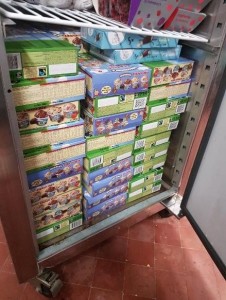

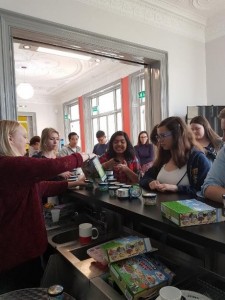
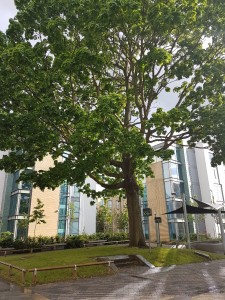



 and qualitative measures developed at the GCSO institutions. This way, universities can ensure that operations and users of buildings do not experience any negative impacts as a result of the “experiment”.
and qualitative measures developed at the GCSO institutions. This way, universities can ensure that operations and users of buildings do not experience any negative impacts as a result of the “experiment”.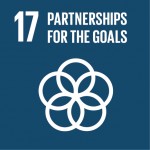


 Someone in need of de-stressing after December deadlines – or before January exams? Why not book a pampering session for them (extra points if your salon of choice uses organic products)! You could also cook a great meal for someone, or spend time doing something they love with them – in our hectic world, our time is often one of the most valuable things we can give.
Someone in need of de-stressing after December deadlines – or before January exams? Why not book a pampering session for them (extra points if your salon of choice uses organic products)! You could also cook a great meal for someone, or spend time doing something they love with them – in our hectic world, our time is often one of the most valuable things we can give. Richard, one of our team members, collects pictures from newspapers and magazines in the weeks leading up to Christmas to create his own personalised wrapping paper. Even if you are not the most talented crafter out there, websites like
Richard, one of our team members, collects pictures from newspapers and magazines in the weeks leading up to Christmas to create his own personalised wrapping paper. Even if you are not the most talented crafter out there, websites like 